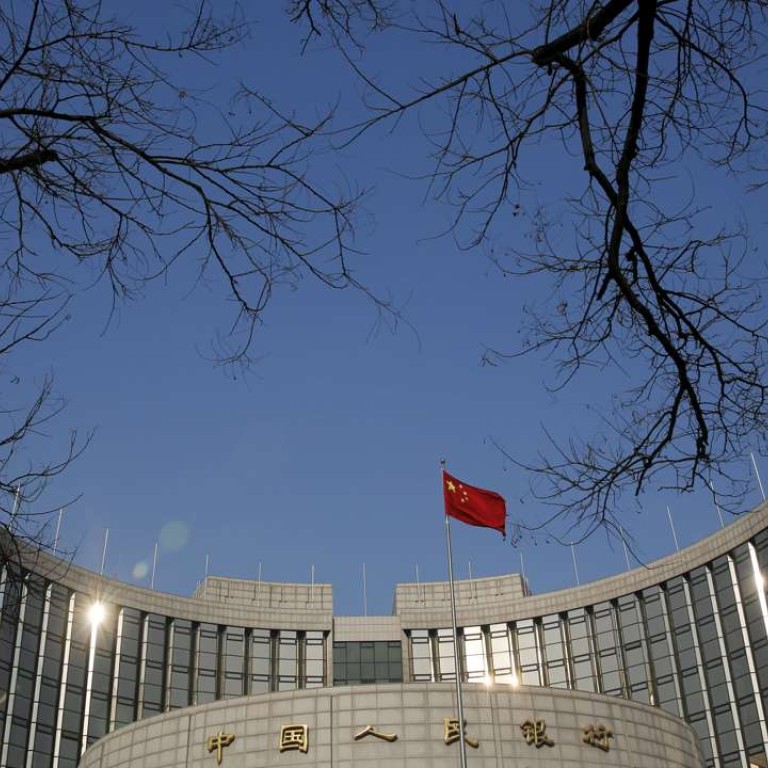
Exclusive | China’s foreign investment ‘shopping spree’ over as Beijing moves to slash capital outflow
Payments of more than US$5 million will have to be cleared by central authorities
Beijing is embarking on a massive policy shift designed to stem capital flight by curbing outbound investment, sources say.
Tighter control of overseas investment is likely to put an end to a trophy-asset shopping spree by well-connected companies such as Anbang Insurance and Dalian Wanda, with Beijing ready to cut the supply of foreign exchange for such deals.
Shanghai’s municipal foreign exchange authority had told bank managers in the city that all overseas payments under the capital account of more than US$5 million would have to be submitted to Beijing for special clearance before proceeding, according to the sources.
They added that while the move did not necessarily mean all such deals would be vetoed, the regulatory procedures that would have to be navigated before completing them would take much longer.
A separate document seen by the South China Morning Post said to be the minutes of a central bank meeting on cross-border capital controls, said that from now until September of next year, Beijing would ban: deals involving investment of more than US$10 billion; mergers and acquisitions valued at more than US$1 billion outside a Chinese investor’s core business; and foreign real estate deals by state-owned enterprises involving more than US$1 billion.

The State Administration of Foreign Exchange said on its microblog on Tuesday that it supported legitimate and compliant overseas direct investment. It said it would work with relevant departments to ensure the authenticity of overseas direct investment, and crack down on “false” investment activities.
The central government has also sent other signals. On Monday morning, a two-line statement signed by the four bureaus supervising overseas investment was published by Xinhua and also posted on the central government’s website.
The National Development and Reform Commission, the Ministry of Commerce, the People’s Bank of China and the State Administration of Foreign Exchange said China would not change its regulatory framework for outbound investment, but that the central government would “check and verify outbound investment projects by some companies according to relevant laws and regulations”.
Julien Chaisse, director of centre for financial regulation and economic development at the Chinese University of Hong Kong, said Beijing was “very cautious” now about overseas deals due to concerns about money laundering and capital flight disguised as investment deals.
Still, the abruptly imposed curbs reflected the “peculiarities” of its policies, Chaisse said. “This is an atypical type of decision. It is the kind of measure that is not widespread in the world.”
Eric Liu, a partner at law firm Linklaters in Beijing, said he was not surprised the authorities were closing doors on outbound investment, due to growing capital outflow pressure.
“It’s already visible that tighter scrutiny would make it more difficult for capital to sneak around current measures and thus slow down outbound investment in the short term,” Liu said.
China’s foreign exchange reserves have fallen by US$873 billion since hitting an all-time high of US$3.99 trillion in June 2014. The reserves fell by US$46 billion last month, the largest drop since January, but that figure understates the extent of recent capital flight from the country because residents are also moving yuan assets abroad.
Jeffrey Sun, a partner with US-based law firm Orrick, Herrington & Sutcliffe in Shanghai, said some companies had front-loaded outbound deals in the expectation of tighter capital controls.
“China could fine-tune its policy in the future if it sees temporary curbs being overly tight,” he said. “Some deals would be delayed or even stifled amid tighter capital controls.”
Market jitters were exacerbated over the weekend by speculation that Beijing was poised to ban six types of outbound investment in order to slow capital outflows amid market expectations of further yuan weakness.
Additional reporting by Frank Tang and Sidney Leng

